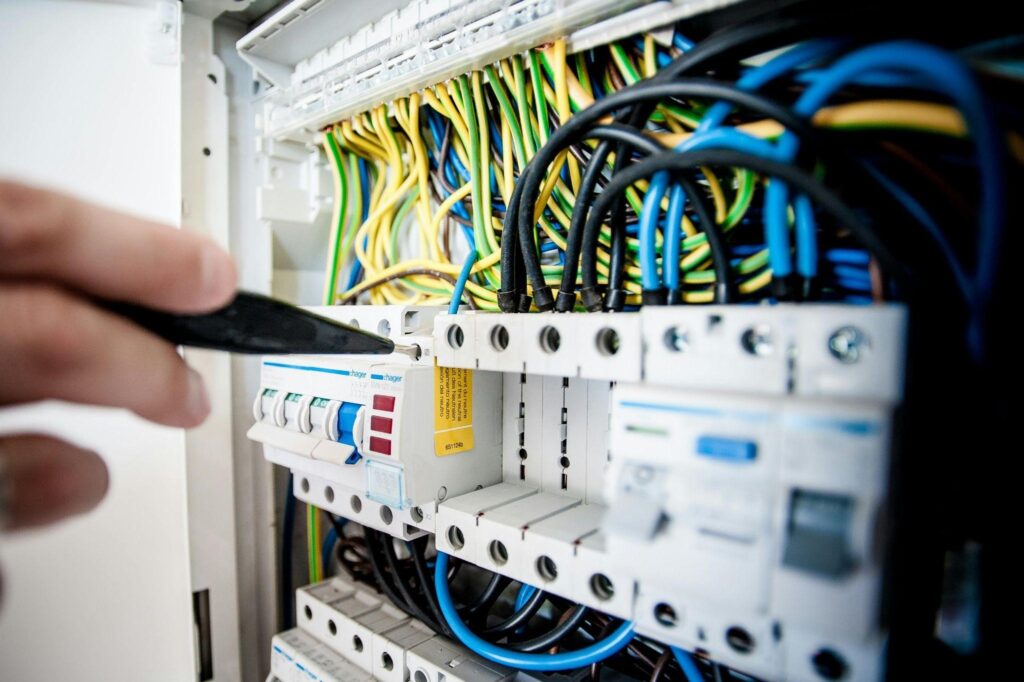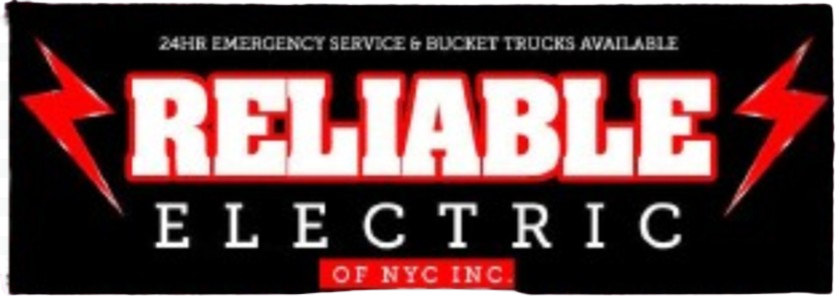Our heavy reliance on electricity and the recent surge in the demand for electricians to build EV infrastructures across America has led to an increase in electrician charges. An electrician typically charges between $50 and $130 on average, but the first hour costs around $100 – $200 more. For commercial electrical services, many electricians charge 10% to 20% more. Depending on the project’s size and difficulty, hiring an electrician today costs between $160 and $600 on average for small projects, while large projects may cost between $2000 – $10,000. According to recent data, the employment of electricians is expected to grow faster than other trades in the coming decade.
Electrician Hourly Rates in 2025 – What to Expect?
Life without electricity is unimaginable today. An electrician may charge a flat rate or by the hour for various projects. The median average wage for electricians in 2023 was 28% higher than the median wage across all other US occupations. The average salary of a master electrician in the US is around $100,000 per year today. Hourly wages for residential electrical services by an entry-level electrician are between $18 – $25 per hour in 2025. According to the US Bureau of Labor Statistics, electricians have an expected job growth of 11% in the next decade.
| Did you know? Electricians in Alaska have the highest salary in the nation, amounting to $42.50 per hour, because of the state’s remote location and high cost of living. |
Here’s a breakdown of electrician hourly rates in 2025

● Electrician hourly rate guide
Licensed electricians can expertly handle a hazardous situation more than an entry-level electrician.
| Electrician Types vs Hourly Rates | |
| Journeyman electrician | $50 – $100 per hour |
| Master electrician | $90 – $100+ |
| Emergency services | $150 – $200 during non-business hours |
The first hour costs around $100 – $200 service call fee, due to initial setup and travel. This is the minimum service fee, usually followed by a lower rate for each additional hour. Some electricians charge a separate trip fee between $40 – $100. Self-employed electricians charge less than electrical experts but aren’t as capable of handling complex, higher-level responsibilities.
| Fast fact: The strong trend towards EV, solar, and battery storage is leading the electrician’s trade to be more technologically driven than ever. |
● Permits and inspection costs
Depending on your location and the project type, the permit costs vary. Usually, the costs of a building permit, including the electrical works, may range between $50 – $350. While electrical inspections to ensure code compliance cost between $100 – $200.

● Commercial vs residential electrical services
Commercial electrical works require expertise and careful handling of the complex projects, thereby are therefore costlier than residential works. Commercial hourly rates are between $100 – $150 on average, and many skilled electricians charge 10 – 20% more for handling the high-voltage systems. Any time outside the normal working hours leads to higher emergency charges, usually 1 to 2 times more.
| Journeyman electrician | Master electrician | |
| Residential hourly rates | $35 –$50 | $50 – $100 |
| Commercial hourly rates | $100 –$150 |
Factors Influencing the Electrician Rates
Several factors affect the electrician’s rates and may increase the overall project cost. Listed below are some of the reasons.
- Locations- Rates vary across the US based on demand, energy sources, and state regulations.
- Experience– A master electrician has more expertise, therefore charging more than a journeyman.
- Emergency rates-Some electricians charge an additional hourly emergency rate $100 to $200 on top of regular rates, while others charge a flat rate for the service.
- Permits-Some jurisdictions have a flat fee for permits and regulations, while others may scale up the fee based on project valuation
- Complexity of the work– The scope of the job is the biggest cost factor. Changing an electrical fixture is costlier than rewiring the whole house or a panel upgrade.
- Ease of access to the work site-Usually, for commercial works, the ease of accessibility also determines the project costs.
- Cancellation fee-Many electricians charge a trip fee if you cancel the job before the work begins.
| Did you know? Electricians in Alaska have the highest salary in the nation, amounting to $42.50 per hour, because of the state’s remote location and high cost of living. |
Conclusion
An electrician’s cost per hour in 2025 depends on the location and the complexity of the project, among other factors. Apart from the hourly charges ranging between $50 – $130 on average, an additional service call fee and permits and regulations charges also increase the project cost. A master electrician has the experience and expertise to handle complex commercial electrical work and charges more than an apprentice or a journeyman electrician.
FAQs
- Are electricians in demand in the US these days?
Employment of electricians is projected to grow 11% annually in the next decade, according to the US Bureau of Labor Statistics. - Why do electricians charge so much?
The safety, extensive training, materials, and tools required for the job all contribute to the hefty charges. - What is the cancellation fee for the service?
The cancellation fee means the trip cost of the electrician when you cancel the project before its commencement. - Do electricians offer free estimates?
Most electricians offer free estimates for straightforward projects, but for complex issues, a diagnostic fee is charged for troubleshooting. - What are the rates for off-hour services?
Emergency calls on weekends or on holidays can increase the electrician’s rates by 25% to 50% higher than the standard rates.
